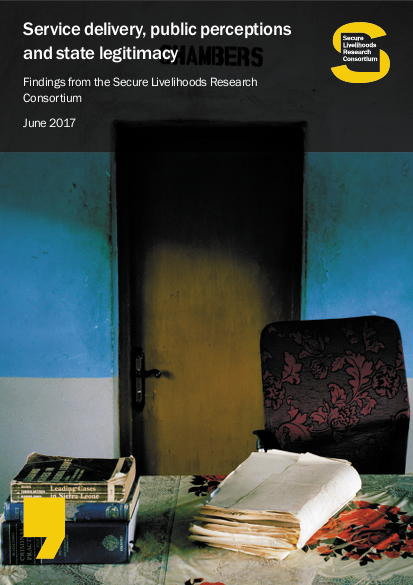
State-building has provided the framework for international engagement in countries affected by conflict for at least the past decade. Service delivery is considered one of the few viable ‘entry points’ into this complex enterprise, offering donors and agencies a relatively tangible means of supporting these processes. The central logic here is that, by building governments’ capacity to deliver their ‘core functions’ – such as basic services, security and order – it is simultaneously possible to heal the strained relationships between citizens and state actors, which is, in turn, considered good for peacebuilding.
The problem is that this logic is based more on received wisdom than empirical evidence. While lessons from history suggest that public service provision has often been a central component of the social contracts that accompany processes of state formation, these ideas have been applied to modern state-building policy in a fairly reductive fashion and with little in the way of updated empirical support. The Secure Livelihoods Research Consortium (SLRC) has attempted to help change that: since 2011, SLRC has carried out a series of studies designed to test some of the assumptions that underpin much of the aid spending in this area. The purpose of this report is to synthesise and make sense of this collection of studies.
This report is one of a series produced at the end of SLRC’s first phase. These reports bring together and analyse all relevant material on SLRC’s overarching research questions, with a view to drawing out broader lessons that will be of use to policy makers, practitioners and researchers.
